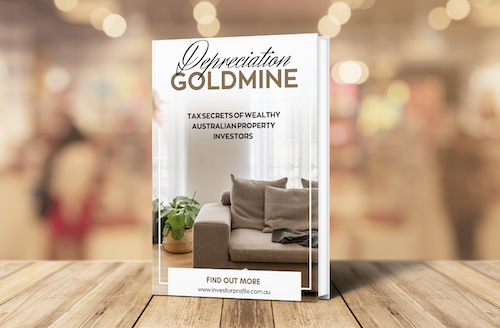How Deposit Bonds Work in Australia (2025 Guide)
Many Australians struggle to produce a 10% cash deposit when buying property—especially if their funds are tied up elsewhere. Deposit bonds offer a convenient alternative, providing a guarantee in lieu of immediate cash. Here’s your complete 2025 guide.
What Is a Deposit Bond?
A deposit bond is a guarantee issued by an insurer or financial institution that replaces a cash deposit. It assures the vendor that you will pay the full deposit at settlement. Common uses include:
- Off-the-plan purchases
- Auctions
- Bridging finance when buying before you sell
How It Works
- Apply: Submit an application to a deposit bond provider (e.g., Deposit Power, QBE). They review your loan pre-approval, equity and income.
- Issue: Once approved, you receive a bond (digital or paper) for up to 10% of the purchase price.
- Use: The seller accepts the bond in place of cash.
- Settlement: You pay the full purchase price. If you default, the provider pays the seller and recovers the amount from you.
Costs
- Short-term bonds (up to 6 months): ~1.2–1.3% of the bond amount
- Long-term bonds (up to 5 years): ~3% per year
Example: On a $1 million purchase, a $100 000 bond could cost around $1 200 for short-term coverage.
Benefits
- Preserve cash flow: Keep your funds invested or in offset accounts until settlement.
- Fast approval: Often granted within hours.
- Flexible: Ideal for auctions, off-the-plan deals and sequential purchases.
- No collateral: Usually unsecured, although some providers may require equity.
Risks & Considerations
- Vendor acceptance: Confirm the seller or developer accepts deposit bonds.
- Liability: You remain responsible for the deposit at settlement.
- Non-refundable fees: Upfront costs are typically non-refundable.
- Contract terms: Ensure the contract permits bond use instead of cash.
- Eligibility: Providers require you to meet financial and residency criteria.
Who Uses Deposit Bonds?
- First-home buyers with loan pre-approval but limited liquid funds
- Investors seeking to maximise leverage
- Homeowners buying before selling another property
- Off-the-plan purchasers facing long settlement periods
Tips for Buyers
- Check vendor acceptance before applying
- Compare provider fees and refund policies
- Verify the bond aligns with your contract
- Plan ahead to ensure funds are available at settlement
Final Thoughts
Deposit bonds can be a powerful tool in a competitive market, offering flexibility and speed when cash is tight. However, they come with legal and financial responsibilities. Always consult a financial adviser or solicitor and confirm vendor acceptance before proceeding.
For personalised advice on deposit bonds and property strategy, contact our team.

Discover the #1 tax secret wealthy Australian property investors use to grow their portfolios faster — even in a high interest rate environment.
- Learn how to turn wear and tear into wealth
- See real examples of $15,000+ first-year deductions
- Understand how to structure your purchases for maximum after-tax ROI
Download Your Free Wealth Building Guide
This ebook reveals how to legally slash your tax bill while building long-term wealth through property. Learn the strategies savvy investors use to gain an edge — even before settlement.
- Maximise tax deductions and improve cash flow
- Understand Division 40 vs 43 and how to claim both
- Position yourself to reinvest and scale faster


